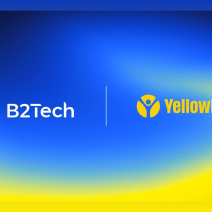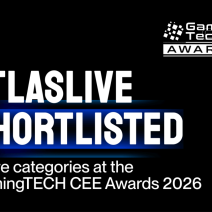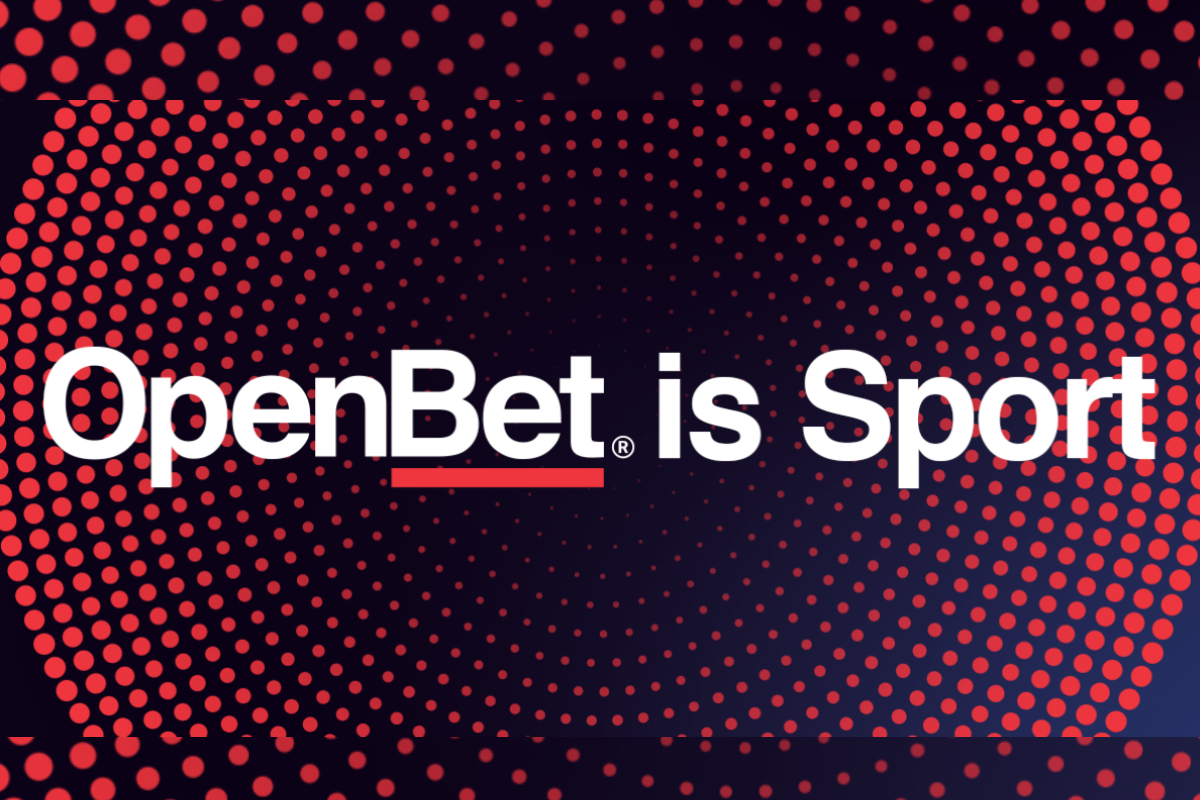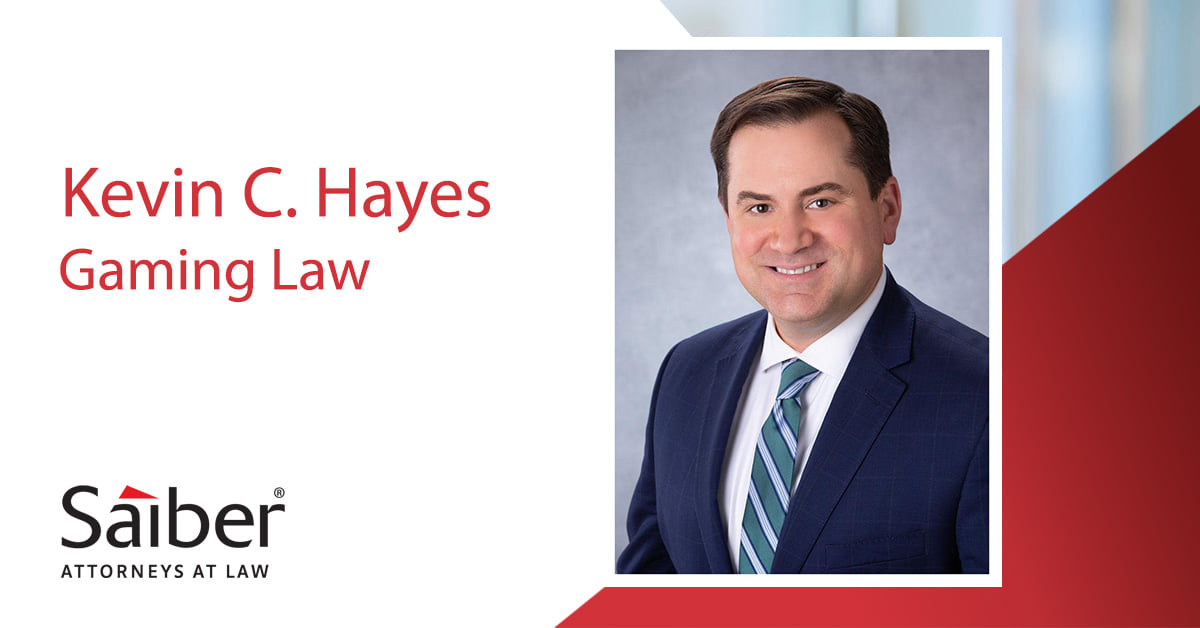
Mintas’ PlayUp restraining order revoked in US court
Nevada’s District Court has denied PlayUp’s emergency motion for a preliminary injunction against its former US CEO, Dr Laila Mintas.
At a hearing last week, Judge Gloria Navarro ruled that PlayUp had failed to demonstrate that it was Mintas’ actions that led to the collapse of the operator’s acquisition by crytpocurrency exchange FTX.
Instead, she said that evidence provided in Mintas’ defence successfully demonstrated it was “just as likely or more likely” that the deal collapsed as a result of group CEO Daniel Simic’s actions.
Mintas’ memorandum submitted to the court between Christmas and New Year revealed that once the $450m acquisition price was agreed, Simic attempted to insert a number of additional costs into the agreement.
He looked to have FTX acquire PlayChip, a decentralised utility token designed for the betting and gaming sector controlled by PlayUp’s Australian management, for an additional $105m. Simic also attempted to secure $65m for “key staff”, including $25m for himself.
PlayUp’s argument centred on the fact that after Mintas had been asked not to attend a meeting with FTX in the Bahamas, she met with the business separately. After that meeting, FTX emailed the operator’s management to say it would not be pursuing the acquisition.
As FTX cited a lack of communication between the US and global businesses, PlayUp claimed that was evidence that Mintas’ meeting had led to the deal’s collapse. However the email also flagged potential conflicts of interest caused by the condition that PlayChip be acquired as well.
The judge noted this email was not provided to the court by PlayUp, despite it being relevant and placing things in a “much different light”. “[It’s] just more likely that this point, in my mind, that Dr Mintas was exercising her executive responsibility and that she was turned into the scapegoat.”
In her ruling, Judge Navarro noted that when she initially granted the temporary restraining order in December, an affidavit from Simic implied circumstantial evidence of Mintas threatening to “burn PlayUp to the ground”. Having reviewed Mintas’ evidence, the judge said she was less sure “whether the statement was even made”.
Ultimately, Navarro said that Mintas had provided substantial evidence that her comments did not cause the sale to fail, and PlayUp failed to provide evidence that she even made a disparaging comment to FTX.
In response to the injunction being denied, Mintas has filed claims for damages in excess of $75,000. She accuses PlayUp of abuse of process, after it deliberately omitted key information from its filing for a temporary restraining order.
She also claims relief for defamation, arguing the operator caused her to suffer “irreparable harm to her reputation, loss of income, devaluation of her shares, among other damages”. PlayUp also portrayed her in a false light by making these claims, and intentionally inflicted emotional distress on her.
The operator’s repeated reassurances that she was to be awarded a new contract, which was highlighted as causing the breakdown in the relationship between Mintas and PlayUp, makes the business guilty of “guilty of oppression, fraud and malice”, she argues. The fact it claimed to be finalising her contract while having no intention of doing so amounts to fraud, as she did not seek alternative employment during this period.
Finally, due to a separate temporary restraining order being secured in PlayUp’s home market of Australia, Mintas is seeking a declaratory judgement that the Australian injunction has no force or effect.
Based on the evidence provided in the US District Court, she argues that it is no more than an attempt to “gag” her, and ultimately as she is not a citizen of the country, should be made inadmissible.
While Mintas remains unable to comment due to this ongoing litigation, her legal representation stressed that she “strongly denies [PlayUp’s] allegations and will fight vigorously against the remaining claims and prosecute her counterclaims”.











